China warned the United States on Tuesday not to bring the two countries to a point of full confrontation as it urged the U.S. to return bilateral ties to sound and stable development through concrete actions.
The most crucial task for managing and pushing forward the China-U.S. relationship now is to follow through on the important consensus reached by President Xi Jinping and U.S. President Joe Biden during their virtual meeting in November, State Councilor and Foreign Minister Wang Yi told U.S. Secretary of State Antony Blinken in a phone call.
It was the second phone conversation between the two senior diplomats in the past month.
Wang said that China is willing to effectively manage differences with the U.S. and stabilize bilateral ties in line with the three principles of mutual respect, peaceful coexistence and win-win cooperation, which were put forward by Xi.
However, he said, the U.S. is obviously sending a wrong signal of "besieging and containing China" by launching its so-called Indo-Pacific strategy, which publicly defines China as the primary challenge faced by the region. The U.S. also attempts to include Taiwan in the strategy to contain China.
There is both competition and cooperation between the two countries and the China-U.S. relationship cannot be simply defined as competitive, Wang said. He added that some U.S. officials have trumpeted long-term fierce competition with China, which is likely to evolve into full-blown confrontation between the two sides.
He said that China once again urges the U.S. to take concrete actions to honor the commitments made by the U.S. president instead of saying one thing yet doing the opposite, breaking its word and having no credibility.
Monday will mark the 50th anniversary of the Shanghai Communique, and Wang said that the spirit of the document is still of great significance to China-U.S. relations.
China hopes that the U.S. will stay true to the document's original aspiration of breaking the ice between the two countries, return to a rational and pragmatic perception of China and work with China to push bilateral ties back onto the right track of sound and stable development, he said.
According to a Foreign Ministry statement, Blinken said that the U.S. does not seek a new Cold War or to change China's system, opposes "Taiwan independence" and has no intention of engaging in conflict with or confronting China.
Blinken also congratulated China on the success of the Beijing 2022 Winter Olympics as well as the Chinese athletes on their great achievements.
Wang extended his congratulations to the U.S. athletes for their good performances and said that the two countries' athletes have fully demonstrated the Olympic spirit through their friendly interaction, mutual encouragement and improvement.
They also exchanged views over the nuclear issue on the Korean Peninsula. Blinken briefed Wang on the latest development in relations between the U.S. and the Democratic People's Republic of Korea.
Wang said that the U.S. should value the DPRK's reasonable concerns and take substantial actions. China calls for direct dialogue between the two sides and China will, as always, play a constructive role in promoting the resolution of the nuclear issue on the Korean Peninsula, he added.
Li Haidong, a professor of U.S. studies at China Foreign Affairs University, said that the phone call shows the importance of China-U.S. cooperation on major international issues.
"However, the U.S. only talks about cooperation when it serves its own interests. Otherwise, it will compete with or confront China. Such a China policy will not help the two sides to establish in-depth strategic mutual trust," Li said.








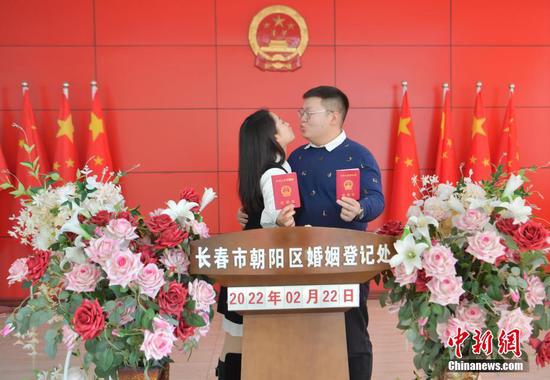


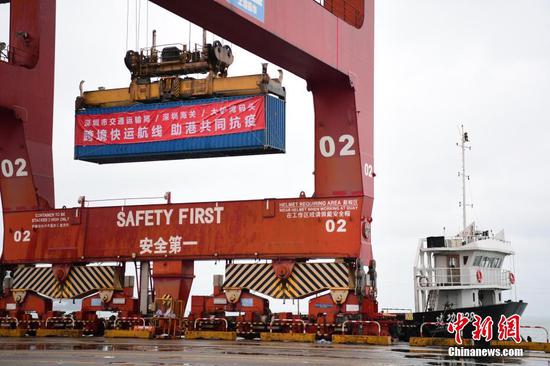


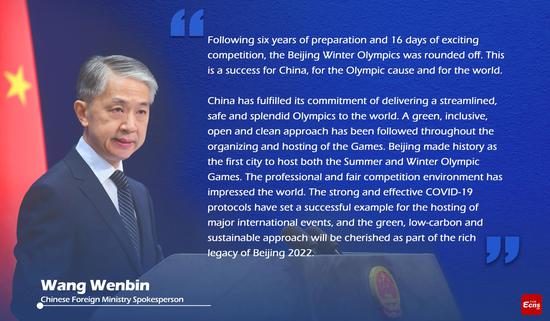













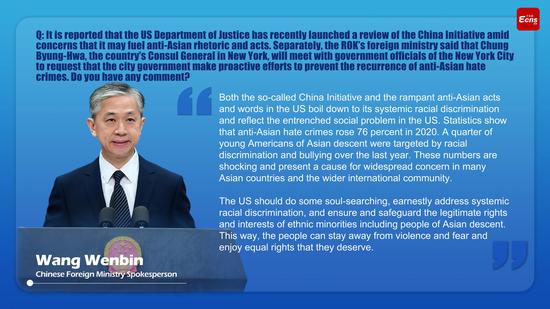








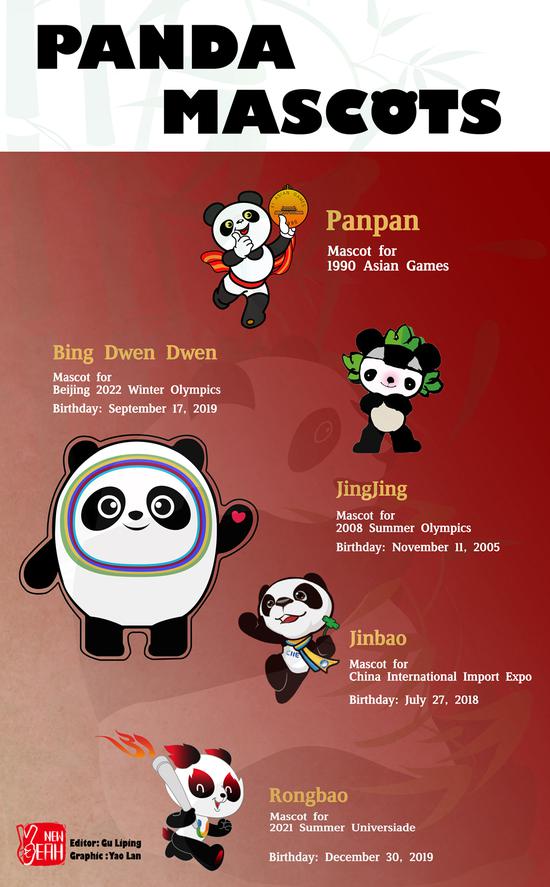

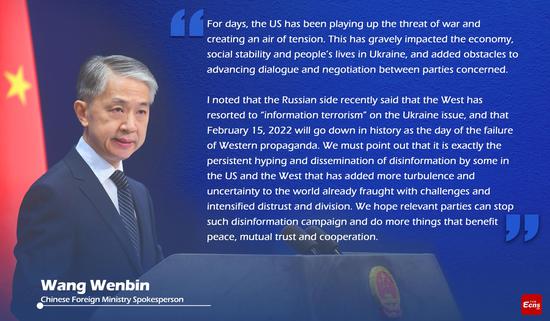










 京公网安备 11010202009201号
京公网安备 11010202009201号